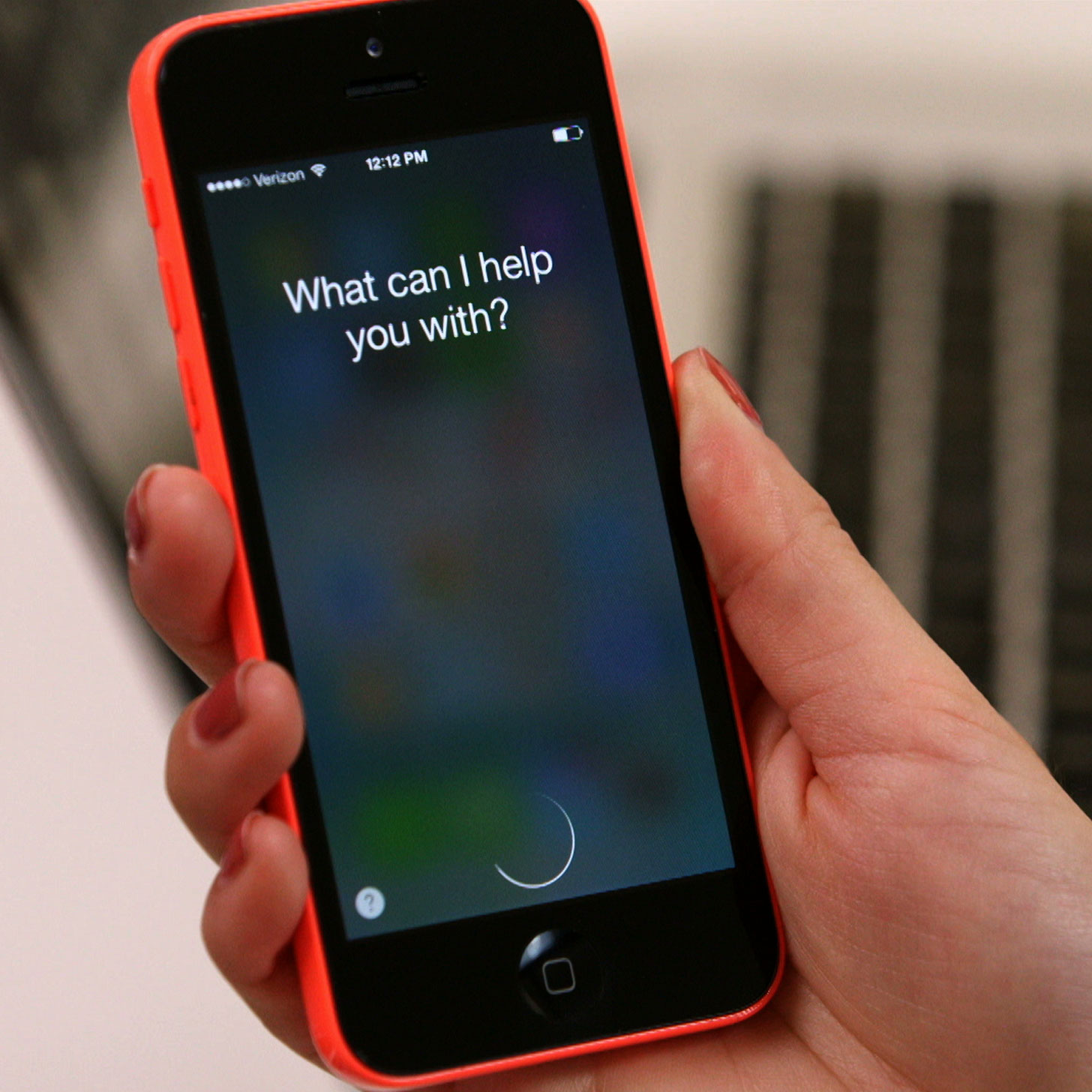Fast Company magazine shuts down following hack that saw Apple users receive racist, vulgar messages
10/06/2022 / By Belle Carter

Millions of iPhone users were left stunned after a hacker took control of Fast Company magazine’s content management system (CMS) to send out an “obscene and racist” message.
The business and media publication’s CMS was reportedly hacked at around 8:30 p.m. Eastern time, sending out two push notifications that came in succession. Many users then took to Twitter to confirm that they received the vulgar message.
The incident soon came to the attention of Apple News, which posted this statement: “An incredible offensive alert was sent by Fast Company, which has been hacked. Apple News has disabled their channel.”
Shortly after, Fast Company itself confirmed in a tweet that it had been hacked. “Two obscene and racist push notifications were sent about a minute apart,” it wrote. “The messages are vile and are not in line with the content and ethos of Fast Company.”
News publishers that utilize the Apple News aggregation app such as Fast Company can connect their digital publishing tools to Apple News, sending push notifications to subscribers.
This was not the first time the publication fell victim to hackers. Back in 2016, bad actors staged a phishing attack that leaked the private information of its employees. (Related: Your mobile device’s web browser is highly vulnerable to attack.)
Optus hacker releases customer details, later backs down
A separate instance occurred at the Land Down Under, with a hacker releasing personal details from customers of the Australian telco provider Optus. The perpetrator demanded $1 million worth of cryptocurrency as ransom. However, they later apologized and removed the details – including driver’s license numbers, passport numbers, home and email addresses, phone numbers, dates of birth and Medicare numbers.
“If you care about [your customers], you will pay,” the hacker named “OptusData” wrote in a ransom note. It mentioned that the $1 million ransom was a “small price to pay” for a company that earns billions in revenue.
But hours later, OptusData backed down and apologized.
“Too many eyes; we will not [sell] data to anyone. We can’t, even if we want to,” they wrote. The perpetrator also assured that they deleted the only copy of the data from their hard drive, and clarified that no ransom was paid.
Brett Callow, threat analyst at Emsisoft, said that based on the information he had received, the hack did not seem sophisticated and could have possibly been done by a single young person.
“On the basis of what has been said so far and the rumors that are circulating, it wouldn’t sound as though this was a sophisticated hack,” he said. “It would sound like something potentially a high school kid could’ve pulled off.”
But this is not unusual, according to Callow, as young people have been responsible for some of the biggest hacks recently. However, Optus CEO Kelly Bayer Rosmarin said that the data breach is “not what it’s made out to be” because the data was “encrypted” and Optus has “multiple layers of protections.”
Still, a class action was filed against Optus by law firm Slater and Gordon on behalf of customers affected by the cyber attack.
“This is potentially the most serious privacy breach in Australian history, both in terms of the number of people affected and the nature of the information disclosed,” class action senior associate Ben Zocco said.
“We consider that the consequences could be particularly serious for vulnerable members of society, such as domestic violence survivors, victims of stalking and other threatening behavior, and people who are seeking or have previously sought asylum in Australia,” he added.
Visit Glitch.news for more stories about hacking incidents.
Watch the video below that explains why successful data breaches happen.
This video is from the Finding Genius Podcast channel on Brighteon.com.
More related stories:
Hackers steal over $104 million worth of crypto assets from blockchain bridge.
Hackers steal $196 million from crypto trading platform Bitmart.
Sources include:
Submit a correction >>
Tagged Under:
Apple, Apple News, Big Tech, computing, content management system, crime, customer data, cyber attack, cyber war, data breach, data leak, Fast Company, Glitch, hacker, information technology, national security, Optus, OptusData, privacy watch, tech giants, terrorism
This article may contain statements that reflect the opinion of the author
RECENT NEWS & ARTICLES
COPYRIGHT © 2017 INFORMATIONTECHNOLOGY.NEWS


















